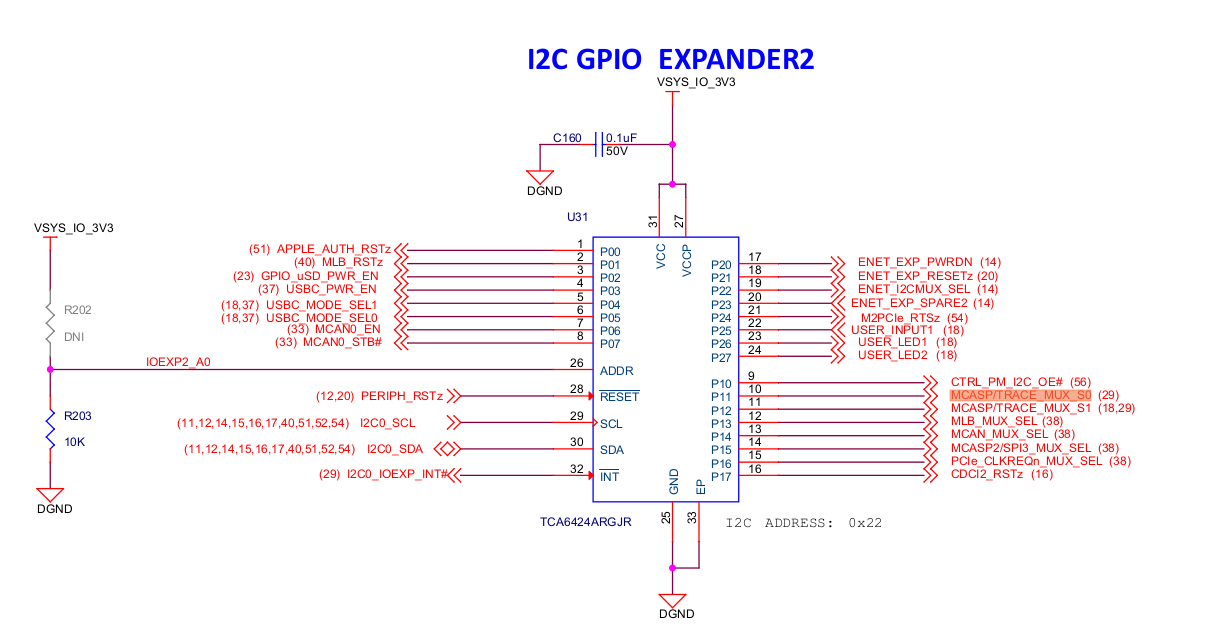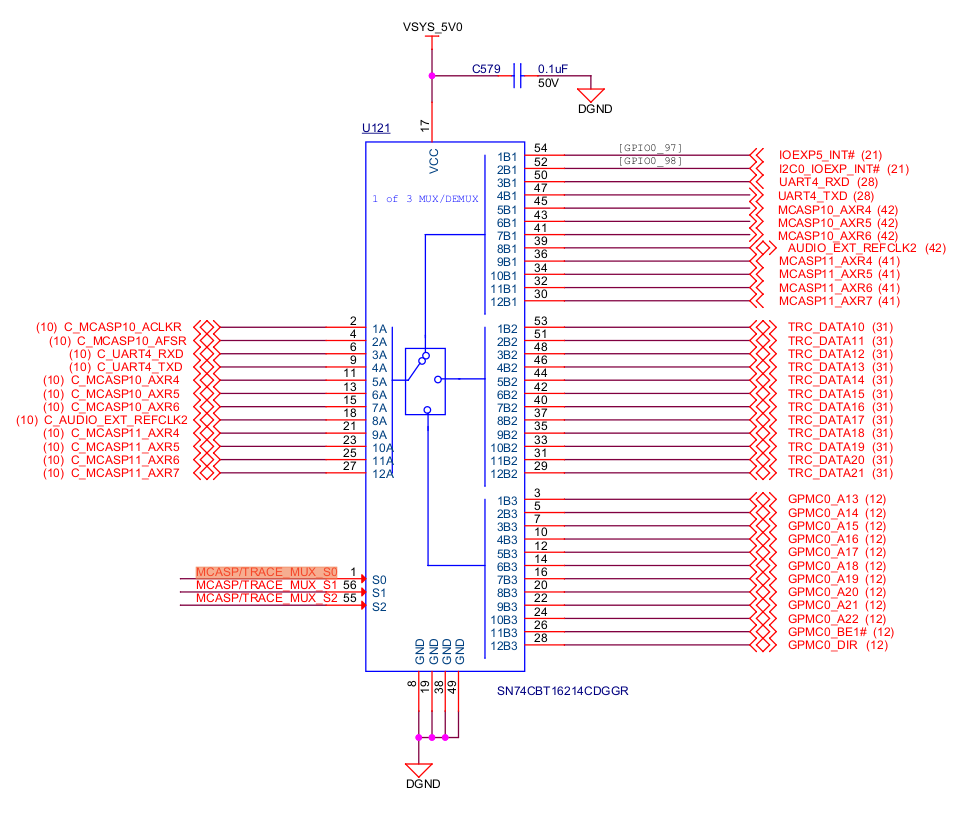Hi
Correct me if I am wrong. I hope I can make you understand the question.
So on the Jacinto7 EVM, we have a micro USB socket for the serial O/P and I/P for the MAIN domains. It has 4 enumerated UARTs in it. main_uart0, main_uart1, main_uart2 and main_uart3. I have tried using all the UARTs but failed to make main_uart4 work.
Process:
Nothing complex.
1. I first do pinmuxing of each main_uart using this manual: http://www.ti.com/lit/ds/sprsp50/sprsp50.pdf
2. Then I enable the UARTs after correct configurations etc etc by configuring their specific registers. i.e. 0x2800000 for main_uart0 , 0x2841000 for main_uart0 ... 0x2844000 for main_uart4
So all the UARTs throw characters at the serial terminal except main_uart4. Is there anything I am doing wrong or is there any more steps needed (power related, clock related)? I am currently working on MAIN_R5_1_0. I have inquired from the DMSC as well and it shows all correct values like the module is enabled, clock is enabled with frequency 48M....




